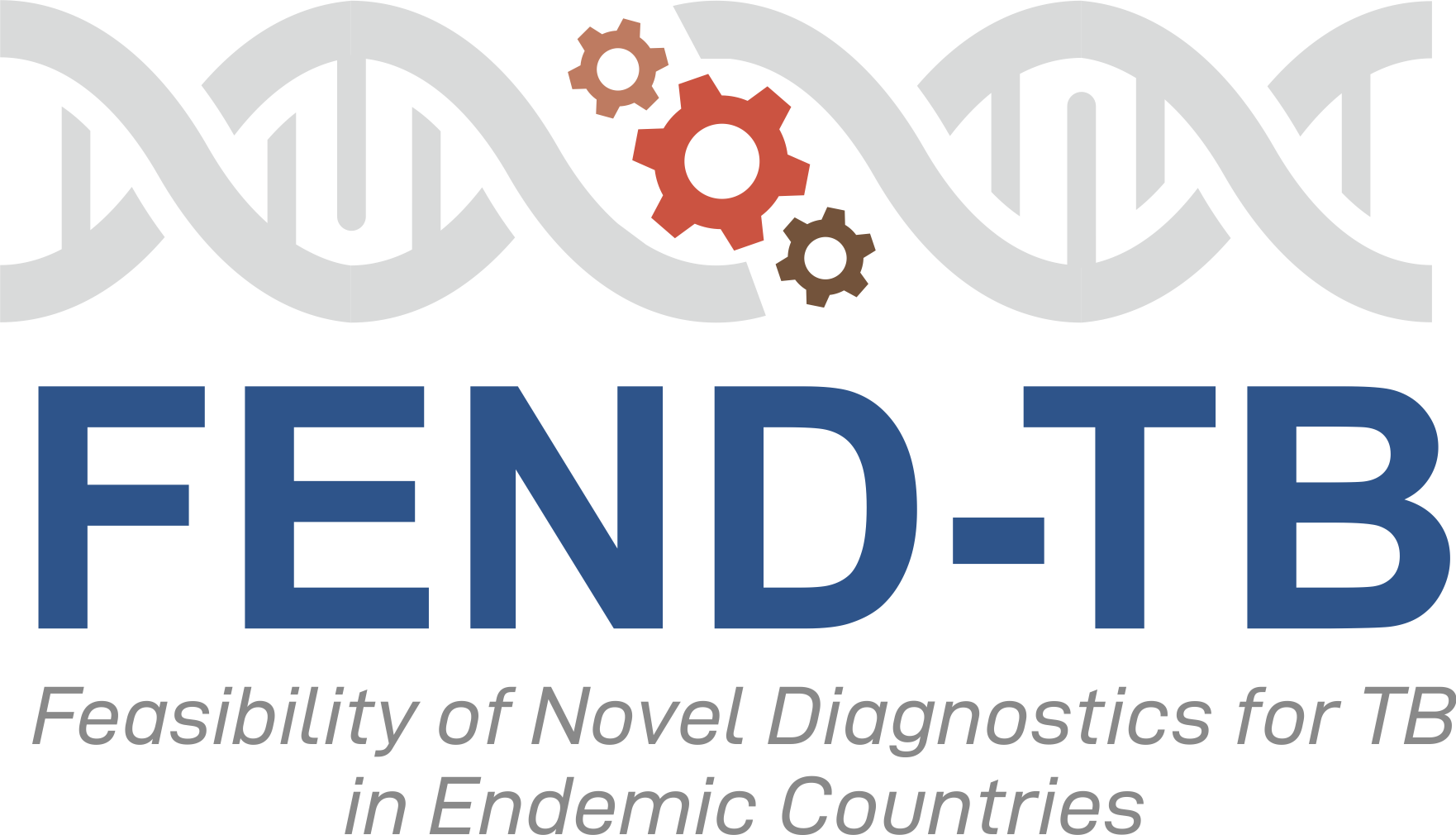Advancing the TB Diagnostics Pipeline – Results from Three Large NIH-funded Research Consortia.
Code Session: SP47, Session Time: 13:15-14:45.
The COVID-19 pandemic highlighted the importance of diagnostics in an unprecedented way. Large investments led to technological advances and large-scale implementation. Similar advancements are possible for TB diagnosis with the commitment of donors, developers, and implementers. There remains a critical need for better TB screening tests and non-sputum-based diagnostic tests, also highlighted by the recognition of subclinical TB as one important driver of transmission. For TB screening, computer-assisted digital reading software is getting increased scale-up and digital tools similarly based on machine learning methods for cough or lung sound detection are now being explored. The focus of diagnostic test development is on non-sputum sample types such as tongue swabs and point-of-care platforms to enable higher yield and population coverage. Expansion of accessible and comprehensive drug-resistance testing will be paramount to protect new standard drug-resistant TB regimens. This symposium is showcasing the work of three large research consortia funded by NIH.
Talks
Advancing TB diagnostics research through synergy and coordination
Several grants have been recently awarded to enable sustained advancements in TB diagnostics with the target of achieving the goals of the UN Resolution on TB from 2018. This presentation will provide an overview of the three NIH-funded Feasibility of Novel Diagnostics for TB in Endemic Countries (FEND for TB) grants: R2D2, FEND-TB and EndxTB, the consortium partners, trial networks, populations studied and use cases. Then, we will elaborate on how the FEND grants align with programmatic grants recently funded, such as SMART4TB of USAID and DriveDxTB of UNITAID and other project-based grants.
Presenter: Claudia Denkinger (R2D2)
Digital and AI-based approaches to TB triage/screening
A robust pipeline of digital technologies with AI-based interpretations has opened key opportunities for reducing costs and enhancing the efficiency of detecting TB across the spectrum. We will review the progress and underlying concepts behind these technologies (e.g. AI-interpreted imaging and sound capture devices) and discuss their role in settings where diagnostic resources and clinical expertise are scarce. We will also delve into the potential challenges and key opportunities of incorporating these tools into TB screening programs.
Presenters: Linda Xie (FEND), Sandra Kik (FIND)
Host markers for TB triage and screening in children and adults
The ENDxTB, R2D2 and FEND projects recruit participants with symptoms suggestive of TB. Adults and young children are included in the study. In addition, treatment response is monitored at 3 time-points is a subset of patients and progression to active TB is investigated in recent household contacts of active TB cases to evaluate the utility of the novel POC tests in diagnosing TB, predicting poor treatment outcomes and progression to TB. Here, we will present promising data on triage tests in symptomatic patients.
Presenter: Jayne Sutherland (FEND South Africa)
Advances in swab-based molecular testing for TB diagnosis
Tongue swabs are a promising alternative to sputum-based molecular testing for tuberculosis (TB), especially among populations unable to produce adequate sputum (e.g., children and PLHIV). The talk will describe the latest learnings on optimal tongue swab collection and processing methods, describe initial results from validation studies on existing diagnostic platforms (GeneXpert [Cepheid] and Truenat [Molbio]), and discuss how advances in COVID-19 diagnostics are being leveraged to further advance tongue swab-based molecular testing for TB.
Presenter: Alfred Andama (R2D2)
Biographies
Claudia M. Denkinger MD PhD MSc DTMH
Head of the Division Infectious Disease and Tropical Medicine at the Heidelberg University Hospital, Germany. Claudia’s research focuses on development, clinical trialling and implementation of Global Health relevant diagnostic solutions. She has contributed to over 200 publications and has been awarded the Gertrud Meissner Award of the European Society of Mycobacteriology. She led the TB and built the hepatitis program at FIND, the Global Alliance for Diagnostics, bevor moving back to academia in 2019.
Alfred Andama, MSc PhD
Alfred Andama is the current Chief of Teaching Laboratories in the Department of Internal Medicine at Makerere University College of Health Sciences. Alfred holds BSc in Biomedical Laboratory Technology, MSc in Laboratory Science and Management, and PhD in Microbiology from Makerere University. His current research interests are focused on developing and evaluating new lab-based tuberculosis (TB) diagnostic tools, conducting pilot accuracy studies and usability assessments of novel and innovative TB diagnostics and prototypes to inform their further development.
Linda Xie, MD
Yingda Linda Xie, MD is a clinical investigator and Assistant Professor at Rutgers New Jersey Medical School with an interest in imaging AI and approaches to characterize and diagnose early TB. Her research has encompassed the clinical evaluation of GeneXpert MTB/XDR and MTB/RIF Ultra, biomarker-based studies of culture-negative TB, and development of new diagnostics including CRISPR-based platforms and AI-interpreted point-of-care ultrasound for screening and detection of TB across the disease spectrum.
Sandra Kik, MSc, PHD
Sandra Kik, MSc, PhD, is a senior epidemiologist with over 15-years experience in TB research, particularly in the field of TB diagnostics. She coordinated several multi-site national and international projects and provided international technical assistance to national TB programs and researchers working on TB and HIV. Since 2017 Sandra works for FIND as a senior TB consultant and has been the driving force behind FINDs evaluation of TB CXR-CAD products for use as a screening or triage tool in adults with presumptive TB and is overseeing FINDs research and country implementation projects around the evaluation of CXR-CAD technologies for TB.
Jayne Sutherland, PhD
Jayne Sutherland is Head of the TB research group at the MRC Unit The Gambia and Professor of Immunology at LSHTM. Current research projects in her laboratory include elucidating the risk factors for long-term lung pathology in TB; defining the role of non-classical T cells, B cells and antibodies in the early response to Mtb infection; defining correlates of risk for progression to active TB; understanding immunity at the site of infection; immunity to TB in the context of HIV and other co-infections (including Influenza) and development of rapid diagnostic tests for TB.
